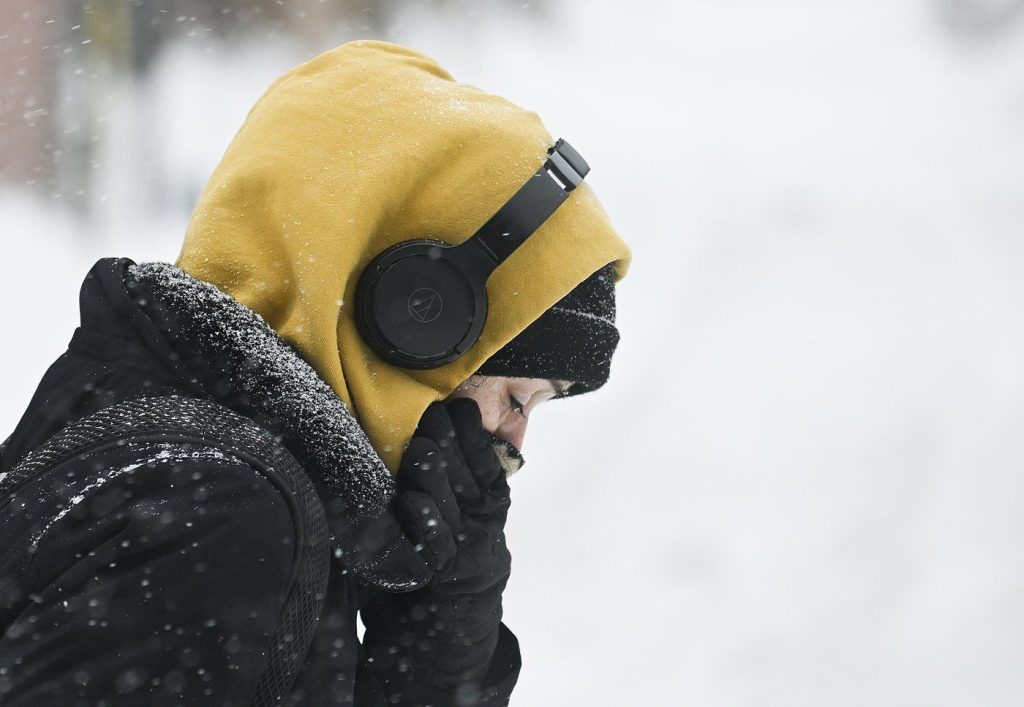Toronto, ON — Southern Ontario and parts of Quebec saw their first significant snowfall of the season on Sunday, prompting Environment Canada to issue special weather statements across both provinces as a low-pressure system swept through the region.
From London to Ottawa, light to moderate snow fell throughout the day, with accumulation varying widely by area. Toronto saw between two and four centimetres of snow by evening, while Ottawa received a heavier blanket of 10 to 20 centimetres.
In Montreal, the snow transitioned into freezing rain and later rainfall by nightfall, creating slippery streets and a chilly reminder that winter is here to stay. “It’s nice, but I’m dreading the cold for the next few months,” said Montreal resident Bianca Hernandez, who added that she plans to start bringing extra footwear to work and waking up earlier to deal with snowy sidewalks.
The snowfall caused flight delays at major airports across the region. NAV Canada, the country’s air navigation service provider, confirmed delays at both Toronto Pearson International Airport and Montreal’s Trudeau International Airport, citing weather conditions and resource constraints. “Our team is moving aircraft safely, and as quickly as possible,” NAV Canada stated in a post on social media.
Winter weather also made its mark on the Canadian Premier League’s North Star Cup Final in Ottawa, where snowplows were brought in to clear the field at TD Place as Atlético Ottawa and Cavalry FC battled through extra time. In one memorable moment, excited fans pelted snowballs after Calgary scored a dramatic goal in the 33rd minute of overtime.
Further east, Cornwall, Brockville, and Kingston faced freezing rain warnings for much of the day before conditions shifted to flurries. Parts of eastern Quebec were also placed under snowfall warnings, with Environment Canada cautioning drivers about deteriorating road conditions.
Officials urged motorists to adjust travel plans and install winter tires if they haven’t already, noting that icy roads and reduced visibility could create hazardous driving conditions.
In anticipation of plunging temperatures — expected to dip to -5°C in Toronto — the city opened additional shelter spaces for people experiencing homelessness. The move was part of the city’s broader winter response plan to ensure vulnerable residents have access to warm spaces during cold-weather alerts.
As the snow settles and temperatures continue to drop, Environment Canada advises residents to stay alert for ongoing updates and travel advisories as winter weather takes hold across central Canada.

